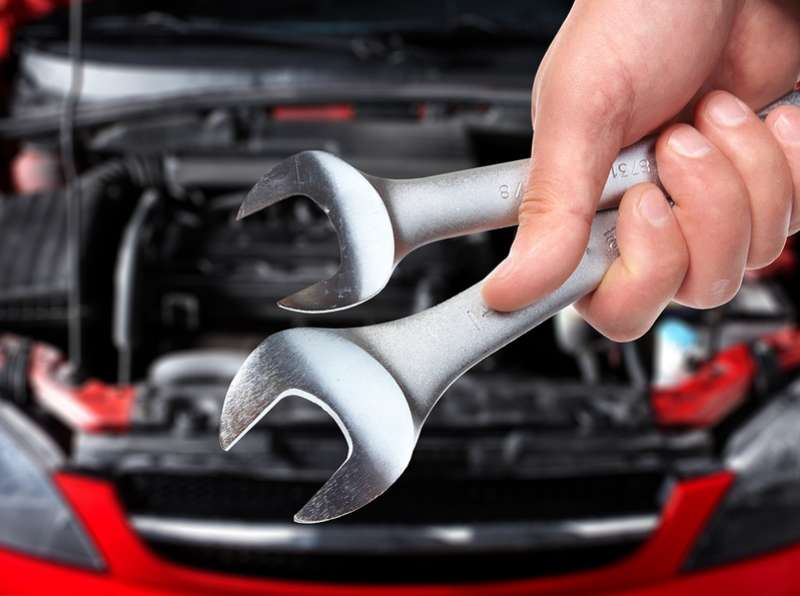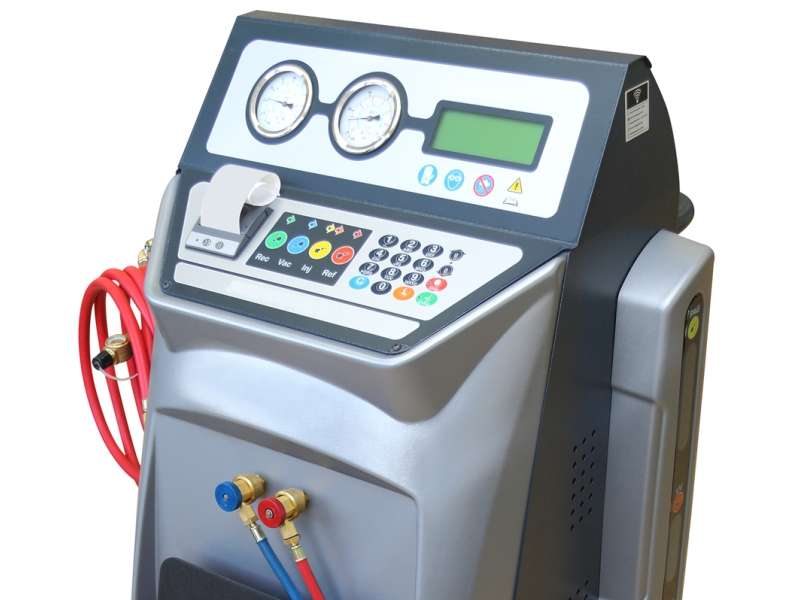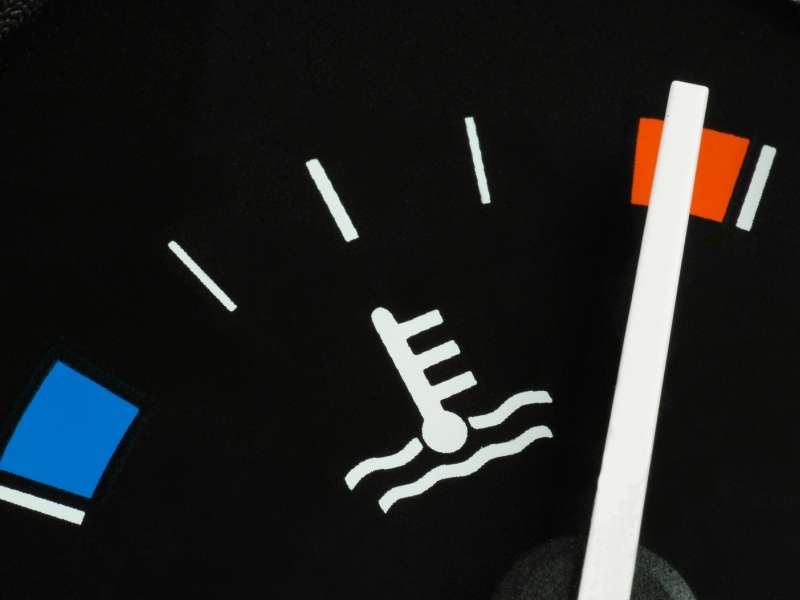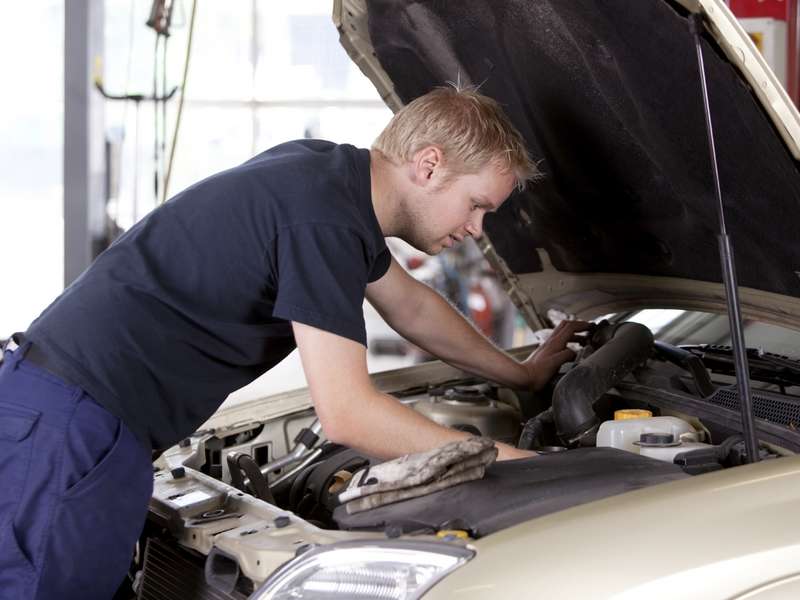Recent Articles
Popular Makes
Body Types
Reasons Your AC Won't Cool | AC Stopped Working

Air conditioning is the process by which air is cooled and dehumidified. Basically, air conditioning systems operate on the principles of evaporation and condensation. The principles of evaporation and condensation are utilized in your car's A/C system by a series of components that are connected by tubing and hoses. There are six basic components: • compressor • condenser • receiver-drier • thermostatic expansion valve • evaporator • refrigerant
Freon
Freon is a gas and liquid combination that is compressed and circulated throughout the air conditioning system. The compressed Freon is pushed through the system under pressure and is passed through different sized metal and rubber hoses and a special valve called an expansion valve that cause the gas to expand and contract. A mechanic will use a machine, such as the one pictured above, to determine whether or not this is the source of your problem.

Idling Issues
A few causes of low cooling efficiency or no cooling at all at idle are: • Make sure the electric cooling fan motor near the condenser is coming on, or in models that are equipped with a fan blade make sure this fan is turning and is turning very fast. • Freon level and pressure should be checked by your certified air conditioning mechanic. • If the engine is running hot or overheating, it can have a noticeable negative affect on the air conditioning system. Some cars have two electric cooling fans, one for the air conditioning condenser and the other for the radiator. Make sure they are both working properly. Usually at idle on a hot day with the AC on both fans will be on.

On the Freeway
When the vehicle is traveling at freeway speeds, the compressor is pumping the Freon throughout the system much faster and harder than at idle. There is a dramatic increase in air flow across the condenser due to 55 mph winds, and the engine is usually operating at a cooler, more efficient temperature as well, thus allowing the air conditioning system to operate efficiently. An air conditioning system that is somewhat low on Freon can still feel comfortable at freeway speeds due to the added air flow across the condenser which can overcome the ill effects of slightly low Freon.

No or Insufficient Cool Air
• Loose or broken drive belt • Inoperative compressor or slipping compressor clutch • Defective expansion valve • Clogged expansion valve, receiver-drier or liquid refrigerant line • Blown fuse • Leaking component: any of the parts listed above or one of the A/C lines, hoses or seals • Low refrigerant charge • Loose drive belt • Slipping compressor clutch • Clogged condenser • Clogged evaporator • Slow leak in system • Partially clogged filter or expansion valve There are a couple things you can do, however. Have the system checked regularly according to your vehicle's owner's manual. If you live in a place with a cold climate, it might not make much sense to run the A/C during the winter months, but many shop technicians recommend running your A/C system regularly, because it contains a light mineral oil in the refrigerant to keep the compressor properly lubricated. The general rule of thumb is 10 minutes per month. Some heating, ventilation and air conditioning systems also engage the A/C compressor for defrost mode. Recharging refrigerant requires special equipment found at A/C repair shops.
